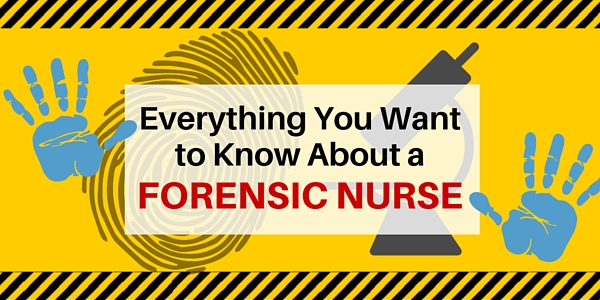Being a forensic nurse is one of the most interesting nursing careers around. More and more nurses are entering this field as they seek for a healthcare career different from the typical bedside care work of staff nurses in hospitals. It is one of the new nursing subspecialties that emerged in the past decades as roles of nurses evolved throughout the years.
What is Forensic Nursing?
Forensic nursing is a nursing subspecialty where nursing science is applied to legal proceedings. Forensic nurses assist in data collection to find potential causes of morbidity or mortality in a particular case. They also provide care to victims and perpetrators of violence. They are knowledgeable about the legal systems in their respective states and well-trained in injury identification and evaluation.
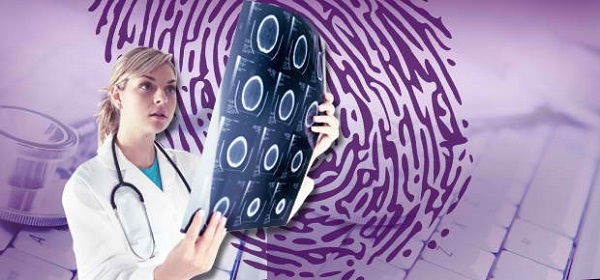
Advantages
Forensic nursing is an amazing career for those who love to face new challenges every day.
Here are some of its advantages:
- Get specialized training in forensics – Nurses pursuing this career will get specialized training in forensics. They will be trained in all areas of forensic science including evidence identification and collection, criminal legal procedures, investigations and many more. Training in forensic nursing is unique from other sub-fields of forensics as healthcare principles are incorporated with legal applications.
- Do investigative work with highly skilled professionals – By being involved in forensic nursing, you will have the chance to work with highly skilled professionals in the investigative field like lawyers, medical examiners, polices, coroners and many more. You’ll get to work with a different set of people that you won’t otherwise meet if you were doing typical bedside nursing care in a hospital.
- Manage your time – Most forensic nursing specialties will let you manage your working schedule as you desire. Unlike in hospital nursing jobs where you need to work in shifting schedules, forensic nursing specialties have fixed or on-call schedules every day. There is more flexibility in managing your time between work and other activities.
Disadvantages
Just like other professions, forensic nursing has its own share of disadvantages.
Be aware of the following cons of this field when pursuing this career:
- Exposure to high level of stress – Forensic nursing requires involvement in the legal system of your state and this is a big responsibility for nurses. The expectations from their job responsibilities put forensic nurses at high levels of stress at work.
- Detailed paper work – Being part of the legal system workforce requires skills in completing detailed documentations. Improper preparation of legal documents may cause credibility problems with the forensic nurse’s position.
- Emotional issues – Working in the field of forensics will expose you to the dark sides of humanity as you are dealing with the after-effects of crime and violence. If you are not able to separate your own emotions from the cases you are working on, you are prone to suffer from emotional traumas in the end.
How to Enter the Forensic Nursing Field
If you are decided in pursuing a career in forensic nursing, here’s how you can enter this field:
- Become a registered nurse – Forensic nursing is offered as a post-graduate degree for nurses. Before you can pursue this career, you must comply with the requirements of being a registered nurse in your state.
- Complete post–graduate training in forensic nursing – You can do this either by completing a certification program or by obtaining a Masteral of Science in Nursing degree with an emphasis in forensics. Certification programs include short-course trainings on different forensic nursing specialties like forensic psychiatric nursing, advanced forensic nursing, sexual assault nurse examiner training and many more. On the other hand, post-graduate MSN degrees with emphasis in forensics typically run for two years and works great for forensic nursing specialists.
- Comply with continuing education requirements – After completing the minimum required training for forensic training, complying with continuing education requirements is critical in having an edge in this field. Forensic nursing is rapidly evolving and obtaining continuing education requirements is essential especially for those who only took certification programs.
Read About A Forensic Nurse’s Salary in: Forensic Nursing 101
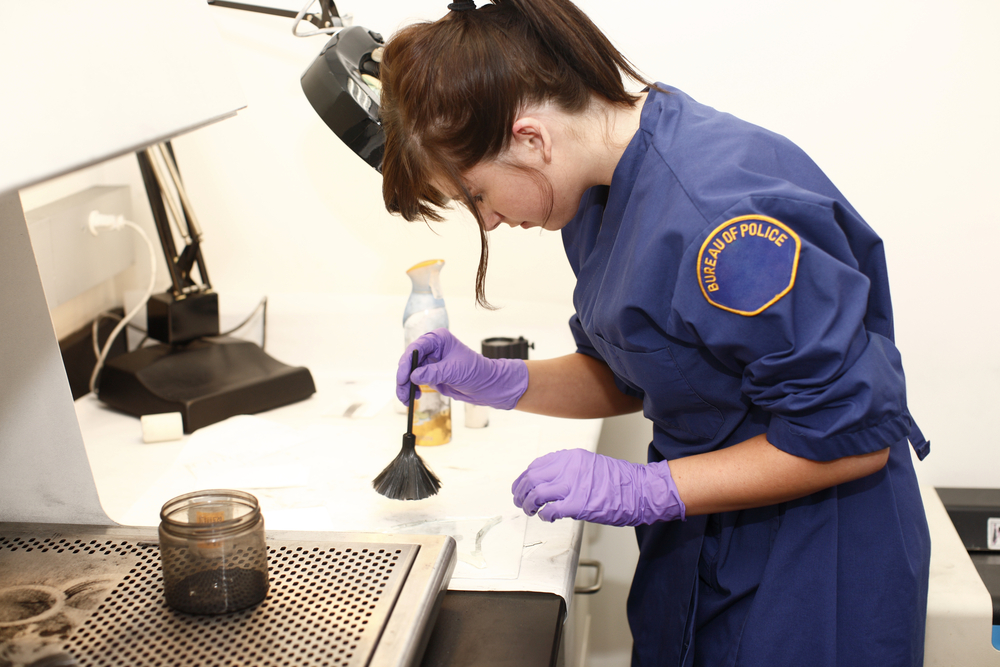
Forensic Nursing Specialties
When people hear the words “forensic nurse”, the tendency is to immediately think of TV shows like CSI. However, there are actually different types of forensic nursing specialties other than those shown on TV.
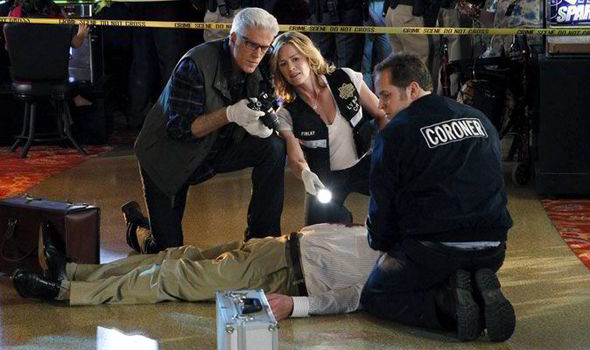
The following are the careers you can pursue after completing a degree or a certification in forensic nursing:
- Forensic Clinical Nurse Specialist
What They Do: They serve as expert clinicians, educators, researchers, administrators and consultants in the field of forensic nursing. Forensic clinical nurse specialists typically have a masteral or a doctoral degree in forensic nursing.
Area of Work: forensic nursing schools, sexual assault examination programs, death investigation units, emergency rooms and psychiatric forensic departments
- Correctional Nursing Specialist
What They Do: They provide care to patients detained in jails, juvenile offender institutions and other correctional facilities. They do routine physical examinations, attend to injuries and assist to detainees with chronic morbidities.
Area of Work: prisons, jails, juvenile offenders’ institutions and other correctional facilities
- Forensic Gerontology Specialists
What They Do: They work on investigations involving suspected or confirmed abuse, neglect or exploitation of elders.
Area of Work: nursing homes, hospitals and other elderly care facilities
- Forensic Psychiatric Nurses
What They Do: They work on managing victims and perpetrators with psychological, behavioral and social disorders. They also assist colleagues who have experienced assaults or some forms of emotional trauma at work.
Area of Work: psychiatric care facilities, emergency rooms and investigation units
- Nurse Coroners
What They Do: They work as death investigators and they are usually the first forensic professionals to arrive at the scene of a suspicious death. They document medical clues present in the scene to approximate cause and time of death.
Area of Work: crime investigation units
- Forensic Nursing Investigators
What They Do: They work as part of the investigation team for cases of unexpected or violent death. They assist in autopsies and collection of evidences. They often work with death investigators and nurse coroners.
Area of Work: Medical examiner’s office, Coroner’s office
- Sexual Assault Nurse Examiners
What They Do: They provide initial care to victims of sexual abuse. They also assist in documenting evidences by identifying injuries and addressing emotional traumas of the victim. During court proceedings, Sexual Assault Nurse Examiners may represent the victim based on their documented evidences.
Area of Work: Coroner’s office and Investigation Units
- Legal Nurse Consultants
What They Do: They work in documenting legal proceedings alongside lawyers when both law and medicine are essential in the case. They use their forensic nursing skills and clinical experience in interpreting and analyzing medical information relevant to the case or claim.
Area of Work: law firms and private practice offices
Also Read: A Nurse’s Ultimate Guide To Graduate Programs
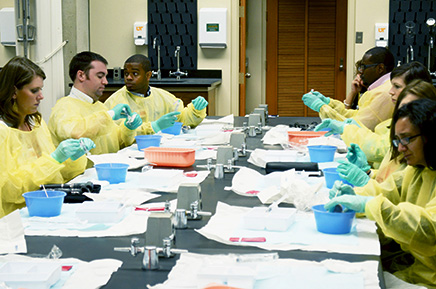
Resources for Forensic Nursing Certifications and Trainings
Sexual Assault Nurse Examiner (SANE) Certification
The International Association of Forensic Nurses offers certification opportunities for nurses who want to become a Sexual Assault Nurse Examiner. There are two certifications offered – the Sexual Assault Nurse Examiner-Adult/Adolescent (SANE-A®) and the Sexual Assault Nurse Examiner-Pediatric (SANE-P®). The certification requires some eligibility credentials as well as an acceptable passing mark in the provided examination.
Advanced Forensic Nursing Certification (AFN-BC)
The American Nurses Credentialing Center offers certification for Advanced Forensic Nursing Practice. Eligibility for the certification requires submission of portfolio via the online application system. Successful applicants will receive certification once the submitted portfolio met the requirements of the credentialing center.
Johns Hopkins Post Bachelor Forensic Program
This is an online post-baccalaureate certification program in forensic nursing that aims to provide knowledge foundation among aspiring forensic nurses. The program can be completed in two consecutive semesters through Johns Hopkins University School of Nursing.
Fitchburg State University Forensic Nursing Certificate
This is an online certification program for nurses with MSN degrees seeking to be specialized in forensic nursing. The program is fully offered online. Successful program applicants will be given a 6-year period eligibility to finish this 2-year program.
American College of Forensic Examiners Institute Certified Forensic Nurses
The American College of Forensic Examiners offers online program to become a Certified Forensic Nurse. To become eligible for the program, a minimum of three years of experience as a registered nurse is required. Aside from registered nurses, nursing assistants may also apply for the program.
Also Read: Top 10 Cheapest RN To BSN Programs Online
Being a forensic nurse is a rewarding career for those who are passionate in providing care and assisting in the justice system. If you are having second thoughts in pursuing forensic nursing, it’s helpful to consult those who are already in this field. Observe how they work and ask for their advices in entering this career.
If you have insider intel on forensic nursing, we’d love to hear from you so do drop by our FB page or Instagram!


